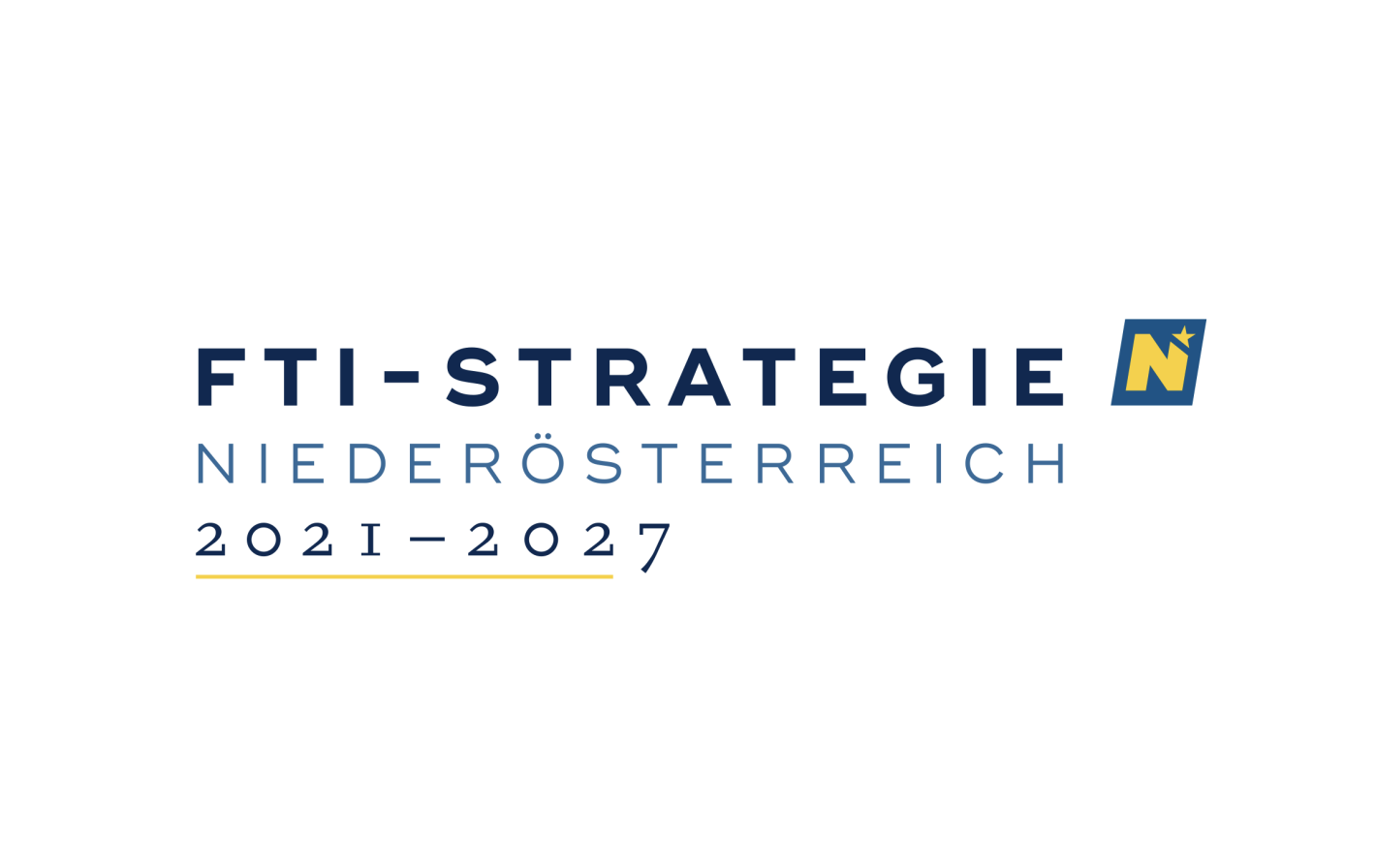Sustainable plant-based protein production through innovative stress tolerance evaluation of soybean (RISE-SOY)

Lead partner:
AIT Austrian Institute of Technology - Standort Tulln
Scientific management:
Claudia Jonak
Additional participating institutions:
Universität für Bodenkultur Wien (BOKU) - UFT Tulln
Field(s) of action:
Health and nutrition
Scientific discipline(s):
1060 - Biologie (50 %)
4011 - Ackerbau, Gartenbau (30 %)
1070 - Andere Naturwissenschaften (10 %)
4040 - Agrarbiotechnologie, Lebensmittelbiotechnologie (10 %)
Funding tool: Basic research projects
Project-ID: FTI24-G-014
Project start: 01. Juni 2025
Project end: 31. Mai 2028
Runtime: 36 months / not yet started
Funding amount: € 360.000,00
Brief summary:
The growing demand for plant-based proteins for healthy nutrition and sustainable food production is increasingly challenged by drought. Soybean is an excellent plant protein resource, rich in essential amino acids and fatty acids, minerals, fibers, and vitamins. The disease-preventing effects of soybean-based foods are also attributed to beneficial bioactive components such as spermidine and isoflavones. Based on field trials and controlled-environment experiments with diverse soybean lines/genotypes and by applying digital phenotyping as well as advanced biochemical enzyme activity assays, novel insights into the physiology of drought tolerance will be generated. Thus, RISE-SOY will decipher integrative physiological and metabolic signatures linked to quality and yield stability under water-limited conditions. RISE-SOY will provide knowledge on the plasticity and tolerance of food-grade soybeans lines with specialty properties, e.g., increased seed protein content, higher levels of sucrose or spermidine as well as hypo-allergenicity, to drought stress. Moreover, the project will identify novel integrative functional markers for more accurate evaluation and prediction of traits important for the production of nutritious and healthy foods. Overall, RISE-SOY will contribute to healthy diets and more sustainable plant-based protein production in times of climate change; this will also be achieved by fostering the career development of young scientists. Thus, the project will contribute to mitigate effects of climate change for the benefit of both consumers and the agriculture and food production sectors.
Keywords:
Drought, soybean-based nutitional and healthy foods, redox-status, metabolism, hyperspectral reflectance

